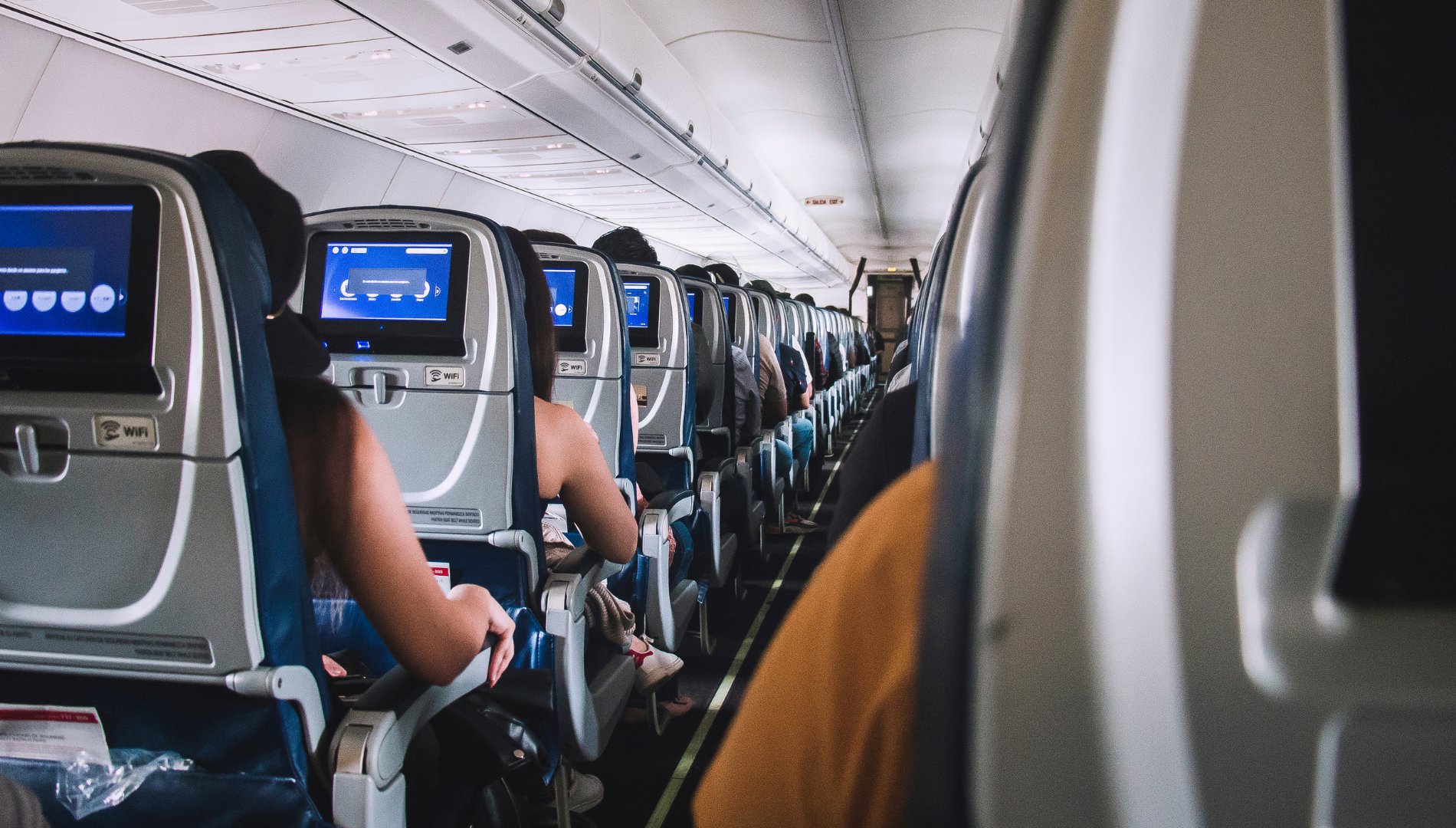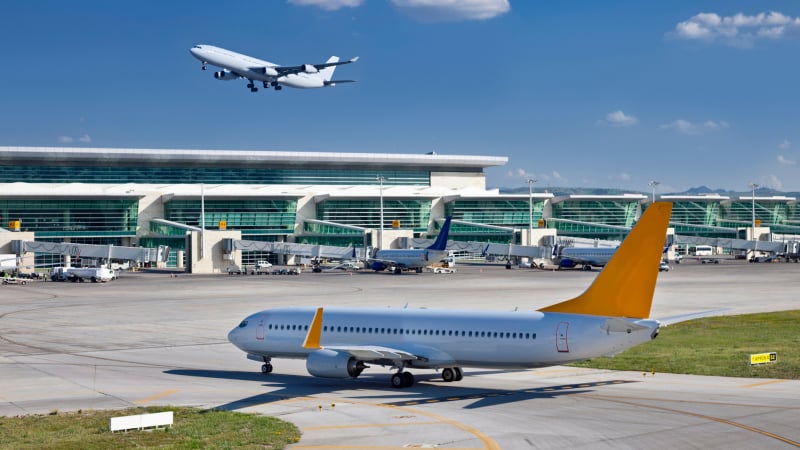The global aviation industry is undergoing dramatic changes, and Southwest Airlines, the renowned American low-cost carrier, is no exception. Once known for its customer-friendly policies such as seat selection and free checked baggage, Southwest is gradually shedding the privileges that once defined its brand. Most recently, a new regulation regarding extra seats for oversized passengers has sparked heated debate on social media, attracting significant public and media attention.
According to an announcement from Southwest Airlines, starting January 27th of next year, passengers who are too large to sit comfortably in a seat with the armrests fully down will be required to purchase an additional seat. This change is not just a simple regulation, but part of a larger restructuring plan, which includes a shift to a seat allocation system.
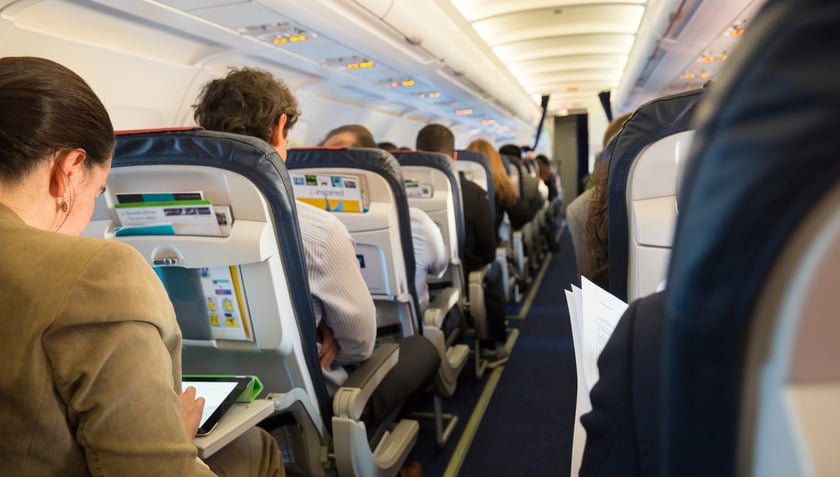
Southwest Airlines has introduced a new policy requiring plus-size passengers to pay in advance for an extra seat if they cannot fit under the armrest of a standard seat.
Previously, plus-size passengers could proactively purchase an extra seat and request a refund later, or even request a free empty seat at the airport if there were still seats available. However, the new policy imposes stricter conditions. Refunds for extra seats are no longer guaranteed. According to Southwest, passengers can only receive a refund if there is at least one empty seat on the flight at departure and both tickets were purchased in the same booking class. Furthermore, the refund request must be made within 90 days of the flight date.
In a statement, a representative of the airline said this was a step to ensure all passengers have enough comfortable seating on board. However, many argue that this regulation is nothing more than a new form of "fee" targeting a specific group. While the airline claims the policy aims to enhance the flying experience, it raises concerns about financial gain and fairness. Some question how the "oversized" standard is defined and whether the regulation is discriminatory.
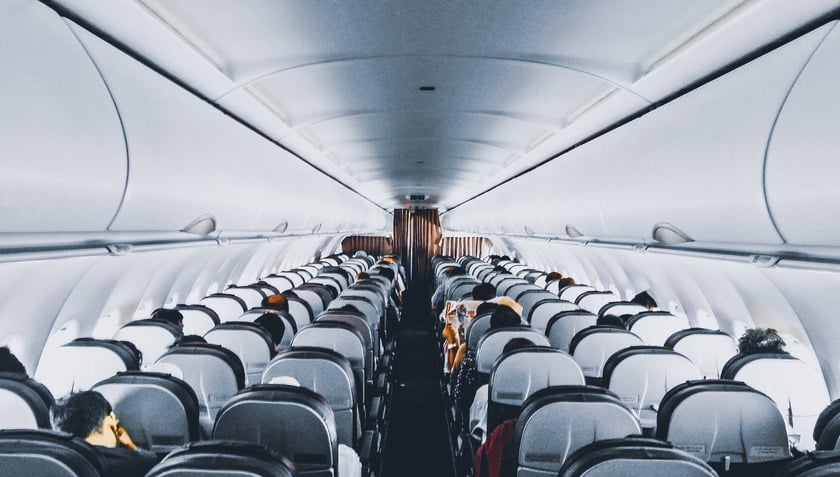
Currently, plus-size passengers can prepay for an extra seat with the option to be reimbursed later, or they can request an extra seat free of charge.
Immediately after the announcement of the new policy, social media erupted. A debate broke out with many conflicting opinions. Some passengers expressed support, arguing that it was unfair for one person to occupy the space of two seats. They argued that paying extra was reasonable and necessary to ensure comfort for everyone.
However, the majority of reactions were strong opposition. Many argued that this was a discriminatory policy, "punishing" overweight people. One frustrated passenger shared: "I'm very thin, I only take up half the seat, so am I supposed to pay half the fare?" This comment quickly gained widespread support, reflecting the dissatisfaction of many people with the new regulation.
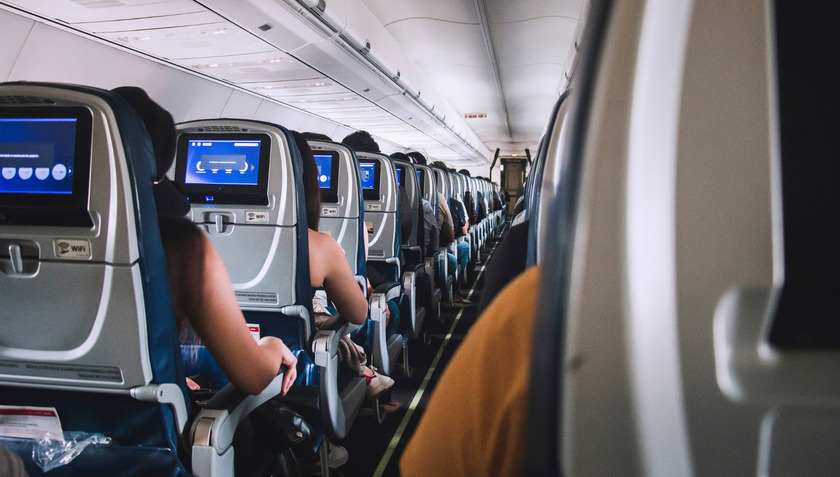
The airline's new policy has caused a stir on social media. Many passengers support it, but many others oppose it.
Passengers also expressed concern that this policy would harm Southwest Airlines' image and brand. One social media user called it a "money-making gimmick" and would "destroy customer loyalty." Many even stated they would switch to other airlines, even if it meant paying higher prices, to avoid the hassle and feeling unfairly treated. "If I have to pay extra for all this, then I'd better fly a more upscale airline," one user commented, suggesting Southwest could lose a significant number of loyal customers.
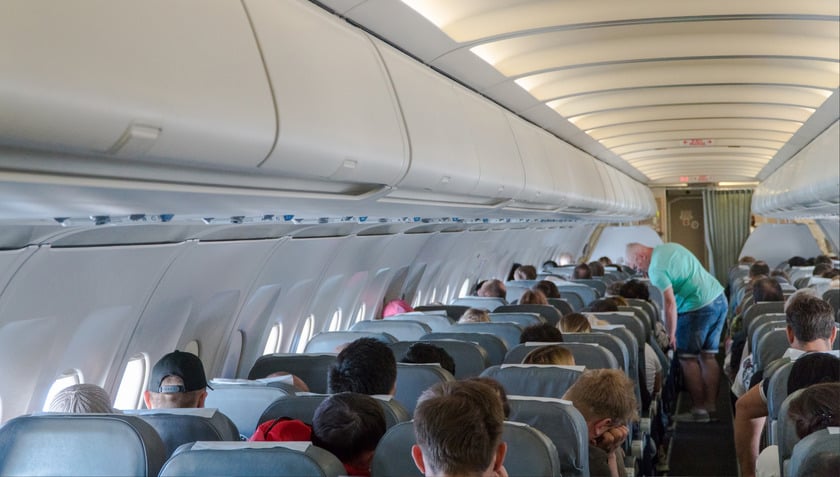
This is the latest change at Southwest, an airline long known for allowing passengers to choose their seats after boarding and letting their luggage fly free, a policy that ended in May.
Southwest Airlines' policy changes are not random. The airline is facing significant financial pressure and is under considerable pressure from investors to increase profits and revenue. In an effort to consolidate its position, Southwest has gradually eliminated privileges that were once its "secret weapon." Last May, the free baggage allowance that had made the airline famous was terminated, causing considerable disappointment among customers. The airline has also considered adding fees for services such as extra legroom or night flights.
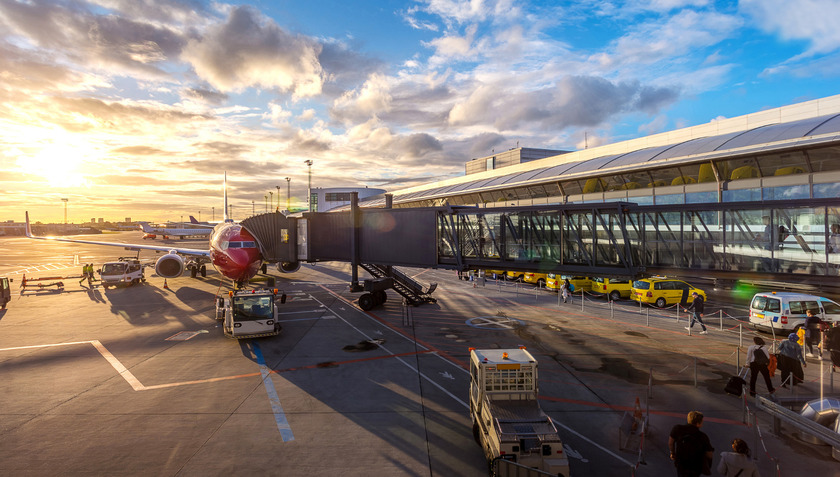
The airline has recently been struggling and is under pressure from investors to increase profitability and revenue. Last year, it also planned to charge passengers extra for more legroom and offer night flights.
The debate over extra seats for oversized passengers can be seen as an inevitable consequence of this process. In a fiercely competitive environment, airlines are forced to find ways to increase revenue and optimize profits. However, the question is whether sacrificing customer loyalty for short-term financial gain is a sustainable strategy?
Southwest Airlines' new policy poses a significant challenge not only to the airline but also to the entire aviation industry. It sparks a wide-ranging discussion about fairness, business ethics, and the role of airlines in serving all customer segments. Can Southwest balance profitability and customer satisfaction, or will it continue down this path and risk losing the core values that have built its brand?

 VI
VI EN
EN



